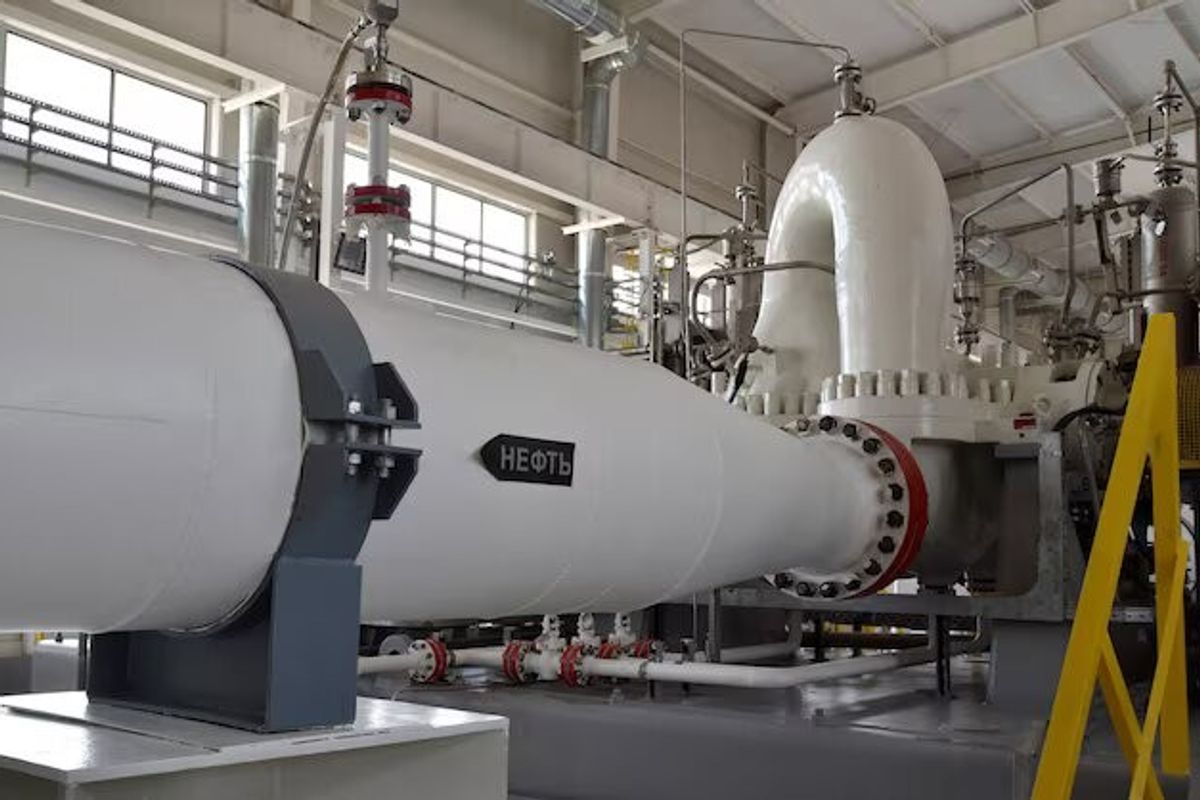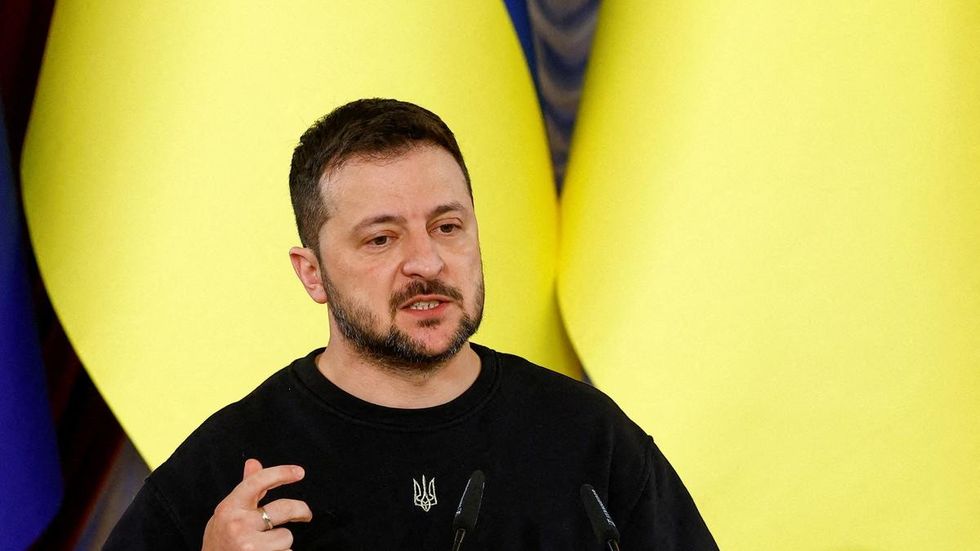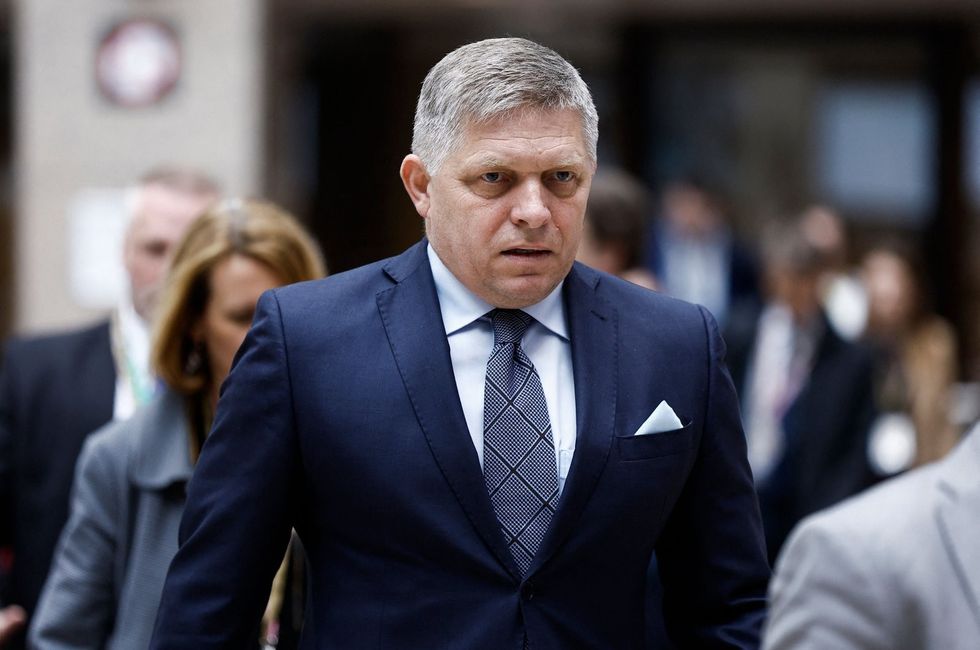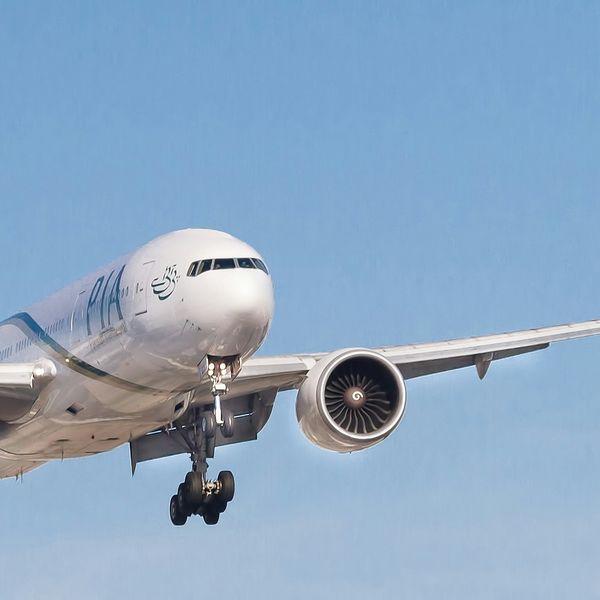Eastern Europe braces for end to Russian gas supplies
Kyiv will not renew its gas transit agreement with Moscow affecting eastern European countries
AFP
News Agency Partner
AFP is a renowned international news agency, delivering comprehensive and reliable reporting on global events, trends, and issues.

An interior view shows a new pumping station of the Caspian Pipeline Consortium (CPC) near the city of Atyrau, Kazakhstan October 12, 2017.
Reuters
Ukraine will halt Russian gas supplies through its territory starting December 31
Slovakia, Moldova, and Hungary remain heavily reliant on Russian gas
Ukraine has announced it will block Russian gas supplies passing through its territory in the coming days, effectively halting gas transit to Slovakia, Moldova, and parts of Hungary. The move follows the expiration of a key agreement between Ukraine and Russia’s Gazprom on December 31.
Ukrainian President Volodymyr Zelensky insisted that Kyiv would not allow Moscow to profit from its aggression, declaring that Russia "must not earn additional billions on our blood."

This decision marks a major shift in energy dynamics in the region. In 2023, Russian gas accounted for less than 10 percent of the European Union's imports, a sharp decline from 40 percent in 2021.
Despite this, several eastern European countries rely heavily on Russian gas for geographical and political reasons.
Slovakia, Hungary, and Moldova are particularly vulnerable. Slovakia, a NATO and EU member, continues to buy Russian gas through a five-year contract with Gazprom, while Hungary depends on Russian gas delivered via the TurkStream pipeline.

However, Slovakia's nationalist Prime Minister Robert Fico recently visited Moscow to negotiate supply terms, while Hungarian Prime Minister Viktor Orban said Budapest would try to find ways to bypass Ukraine’s blockade.
Moldova, already struggling with energy shortages, has declared a state of emergency. The country gets most of its power from the Cuciurgan station in Transnistria, which relies on Russian gas imported via Ukraine.
President Maia Sandu condemned Russia’s "blackmail" tactics, warning they could destabilize the country ahead of elections in 2025.
The EU's energy security is now in question, as countries scramble to find alternative gas supplies. Slovakia, for instance, faces an extra €150 million in costs due to higher transit fees if it seeks non-Russian sources.
Meanwhile, Hungary, which imports most of its Russian gas via TurkStream, may be left isolated as Europe pushes for a complete break from Russian energy dependence.
As the energy crisis deepens, the fallout from Ukraine’s decision could ripple across Europe, putting additional strain on fragile geopolitical relationships.







Comments
See what people are discussing